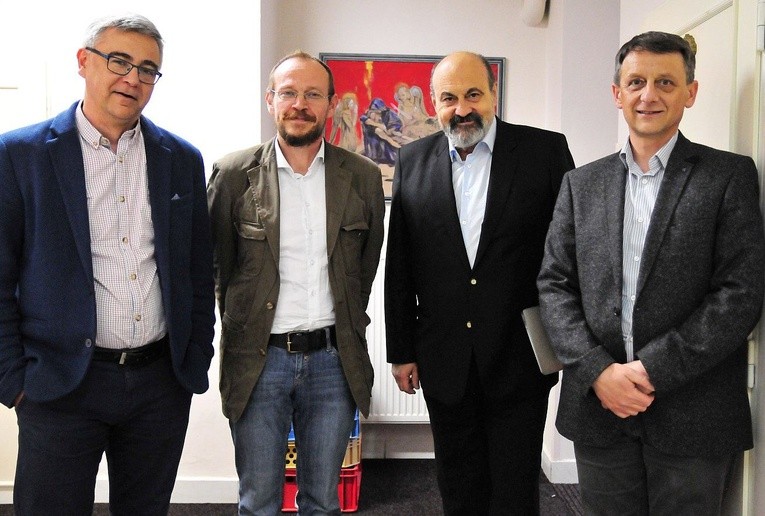We should care for the future of Christianity in the East-central Europe
There is no room for complacency because of the packed churches since we are facing the process of ‘creeping secularisation’. The situation will not improve unless the churches in the East and Central Europe propose a qualitatively new offer for the believers.
Tatiana Podolińská Ph. D. and Pavol Bargár Ph. D. from Slovakia highlighted that the religiousness in Slovakia was also diminished by the influence of communism. Nevertheless, some growing tendencies within non-institutionalised faith do occur. Religious landscape of Slovakia is diverse. Only 32 percent of people constitute for traditional Christianity. Around 40 percent stands for post-traditional Christianity, whereas about 10 percent represent atheists and the uncommitted in faith. Traditional Christianity in Slovakia is shrinking. Individualisation and secularisation of the society rises. Numerous people focus on political and social references of the Church. The pastoral discourse is verbal and the society needs a more pictorial and attractive message. The young generation needs new message of the Bible and Christ. Traditional way doesn’t work anymore. The image of Christianity as a religion of pression, judgment, fight against sin and monologue has no future. We need to show the Church as a place of dialogue, giving hope, faith and Christ – the Slovakians added.
According to them, there are two main streams for the future of Christianity. The first one, restrictive – without dialogue, with monologue, where the Church says, and the believer listens. If we follow this stream the number of believers will continue to fall and it will be to late to solve all the problems. The second way is to follow the Chris and accept the reality, in which not everyone wants to be his students. An opening for seekers and for the faith, which also lies in other places than the Church. – Surely, we should seek for reality and an indirect way. But we all have the feeling that the time for reaction is running out – they highlighted.
In turn, the rector of Archbishop's Seminary in Prague explained that trust towards the Church is the key role. – I am also aware of the fact that sometimes people have too excessive demands towards priests. Another thing is that we should learn how to talk with people, who have different attitude to faith. I have noticed that nowadays we have far more possibilities to reach people than we used to have 20 years ago. I meet the same people in the seminary that I meet in the society: dwellers and seekers. The generation of my students was born in a free and chaotic world. It is hard to insert these individualised people into the structure of community life – he explained.

-
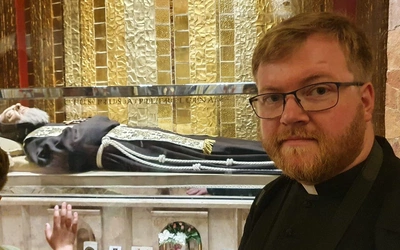
- Kościół
-
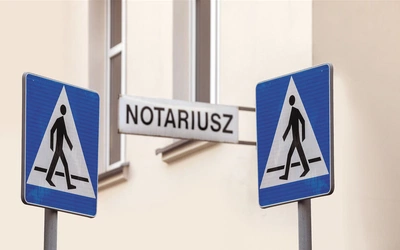
- Polska
-

- Rozmowa
-
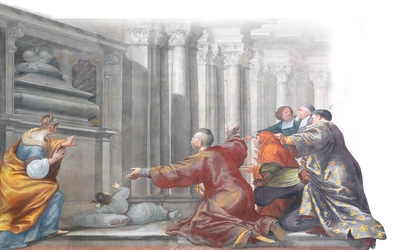
- Kościół
-

- Polska
-
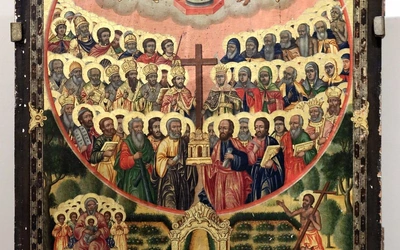
- Kościół






